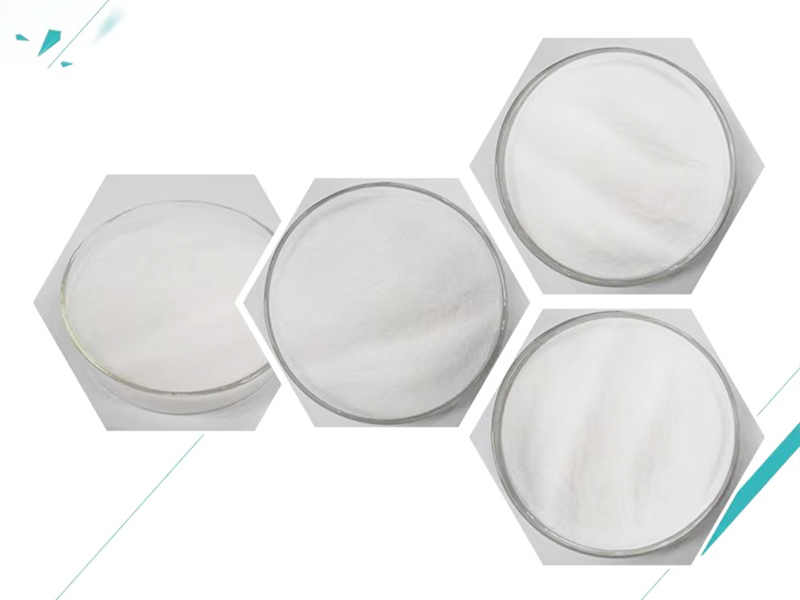Methyl Sulfonyl Methane (MSM) is an organic sulfur-containing compound that has gained significant attention in the fields of medicine, veterinary medicine, and nutrition due to its potential health benefits. Here is a comprehensive overview of MSM based on current research:
Chemical Composition and Properties
Methyl Sulfonyl Methane, with the chemical formula (CH₃)₂SO₂, is a naturally occurring compound found in green plants, animals, and humans. It is a white, odorless, crystalline substance that is highly soluble in water and has a bitter taste.
Sources of Methyl Sulfonyl Methane
Natural Sources: Fresh fruits, vegetables, grains, and animal products contain small amounts of Methyl Sulfonyl Methane.
Supplements: Methyl Sulfonyl Methane is available as a dietary supplement in various forms, including capsules, tablets, powders, and topical creams.

Biological Functions and Mechanisms of Action
1.Anti-inflammatory Effects:
Methyl Sulfonyl Methane reduces inflammation by inhibiting the release of cytokines and prostaglandins, which are involved in the inflammatory response.
It also inhibits the nuclear factor-kappa B (NF-κB) signaling pathway, which plays a key role in inflammatory processes.
2.Antioxidant Properties:
Methyl Sulfonyl Methane increases levels of glutathione, a potent antioxidant, thereby protecting cells from oxidative stress.
It scavenges free radicals and reduces oxidative damage to tissues.
3.Joint Health:
Methyl Sulfonyl Methane is commonly used to alleviate symptoms of osteoarthritis and rheumatoid arthritis.
It helps reduce joint pain, swelling, and stiffness, potentially by decreasing the production of inflammatory mediators.
4.Skin Health:
Methyl Sulfonyl Methane is believed to enhance collagen production, improving skin health and elasticity.
It may aid in the treatment of conditions like rosacea, acne, and dermatitis.
5.Detoxification:
Sulfur, a component of Methyl Sulfonyl Methane, is crucial for the detoxification processes in the liver.
Methyl Sulfonyl Methane supports the liver’s detoxification pathways, helping to remove toxins and waste products from the body.
6.Immune System Support:
Methyl Sulfonyl Methane modulates the immune system, enhancing the body’s ability to fight infections.
It may help in managing allergies by reducing the inflammatory response to allergens.
Clinical Studies and Applications
1.Arthritis and Joint Pain:
Numerous studies have demonstrated the efficacy of Methyl Sulfonyl Methane in reducing pain and improving physical function in patients with osteoarthritis.
A study published in the journal Osteoarthritis and Cartilage reported that Methyl Sulfonyl Methane supplementation led to significant improvements in pain and physical function in osteoarthritis patients.
2.Exercise Recovery:
Research indicates that Methyl Sulfonyl Methane may help reduce muscle damage and oxidative stress associated with exercise.
A study in the Journal of the International Society of Sports Nutrition found that Methyl Sulfonyl Methane supplementation reduced markers of muscle damage and oxidative stress after intense exercise.
3.Allergic Rhinitis:
Methyl Sulfonyl Methane has been shown to alleviate symptoms of allergic rhinitis, such as nasal congestion, sneezing, and itching.
A study in the Journal of Alternative and Complementary Medicine reported significant symptom reduction in individuals with seasonal allergies taking Methyl Sulfonyl Methane.
4.Skin Health:
Topical and oral Methyl Sulfonyl Methane have been studied for their benefits in skin health, including reducing fine lines, wrinkles, and improving skin texture.
Studies suggest that Methyl Sulfonyl Methane may also be beneficial in treating skin conditions like rosacea and dermatitis.

Safety and Side Effects
Methyl Sulfonyl Methane is generally considered safe when taken at recommended doses. Common side effects are mild and may include gastrointestinal discomfort, such as bloating and diarrhea.
Long-term safety studies are limited, but existing research indicates that Methyl Sulfonyl Methane has a good safety profile.
Dosage and Administration
Typical dosages range from 1,500 to 6,000 mg per day, divided into multiple doses.
It is recommended to start with a lower dose and gradually increase to assess tolerance.
Conclusion
Methyl Sulfonyl Methane is a versatile supplement with potential benefits for joint health, skin health, exercise recovery, and immune support. Its anti-inflammatory and antioxidant properties make it a valuable addition to various health and wellness regimens. However, while existing research is promising, further studies are needed to fully understand its mechanisms and long-term effects.
References
Kim, L. S., et al. (2006). “Efficacy of Methyl Sulfonyl Methane (MSM) in osteoarthritis pain of the knee: a pilot clinical trial.” Osteoarthritis and Cartilage.
Nakhostin-Roohi, B., et al. (2011). “Effect of chronic supplementation with Methyl Sulfonyl Methane on oxidative stress following acute exercise in untrained healthy men.” Journal of the International Society of Sports Nutrition.
Barrager, E., et al. (2002). “A multicentered, open-label trial on the safety and efficacy of Methyl Sulfonyl Methane in the treatment of seasonal allergic rhinitis.” Journal of Alternative and Complementary Medicine.
